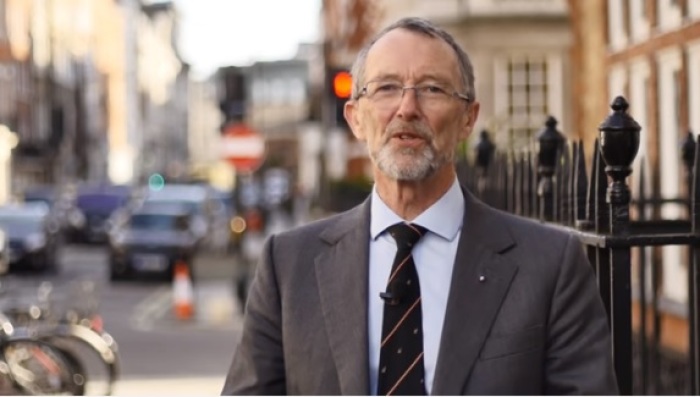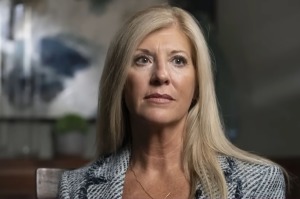Christian magistrate wins right to appeal firing; judge says ‘intolerant’ views should be respected

A 72-year-old Christian magistrate who served over 20 years on the bench but was let go from his job for voicing his beliefs about same-sex adoption has won the right to appeal his termination.
Last month, Judge Katherine Tucker moved to allow former magistrate Richard Page from Kent to appeal his removal by judiciary heads for suggesting that children up for adoption are better off in a home with both a mother and a father.
Page’s trouble began in 2014 when he dissented with two of his colleagues when considering a same-sex couple looking to adopt. After expressing his belief that children are better of in a household with a mother and a father, he was reported by other magistrates for his actions.
Page was even forced to attend “re-education training,” according to the Christian Legal Centre, which is supporting Page’s legal battle.
In 2015, Page was interviewed by BBC and he explained why he dissented in the case. He stated that it was his “responsibility as a magistrate” to “do what I considered best for the child.”
Following his interview, an investigation was launched by the Judicial Conduct Investigations Office's disciplinary panel, which recommended that Page be removed from his position because “reasonable” people would “conclude that [he] would be biased and prejudiced against single-sex adopters.” Page was officially removed from office in February 2016.
According to the Christian Legal Centre, Judge Tucker reasoned in her ruling in favor of Page that judges are allowed to hold even “intolerant” views and others should respect that.
However, the judge also questioned what limits there should be to how judges can express their views without jeopardizing the partiality in the court system.
Because of the ruling, Page’s case can proceed to an employment appeal tribunal in south London.
"I am amazed that it has taken so long to get this far,” Page said in a statement following the ruling. “It is vital that we maintain the true independence and impartiality of the judiciary and that ordinary people like me are not excluded from it."
Page was represented by Paul Diamond, a prominent European human rights lawyer, who has taken on several other high profile U.K. religious freedom cases in the past.
Diamond argued that the decisions made by the Justice Secretary Michael Gove and Chief Justice of England and Wales Lord John Thomas to terminate Page from the bench discriminated against his deeply-held religious beliefs.
According to the Christian Legal Centre, Diamond argued that Page’s statements were within the bounds of his judicial responsibility.
"This is an important moment, shining a light on how justice is done in our country. Even the top judges in the land should not be beyond proper scrutiny and we are glad to see Richard's claim go forward,” Andrea Minichiello Williams, chief executive of the Christian Legal Centre, said in a statement. "It was always disproportionate to remove a kind-hearted and long-serving public servant like Richard from his position simply because of the way that he expressed his beliefs.”
Page was also let go from his position as non-executive director at the Kent and Medway National Health Service Trust following his remarks to BBC. The Trust reasoned that Page "undermined" the confidence of staff. Page also sued the NHS Trust.
In July 2018, Page won the right to appeal a 2017 ruling in favor of the NHS trust.
Follow Samuel Smith on Twitter: @IamSamSmith
or Facebook: SamuelSmithCP




























